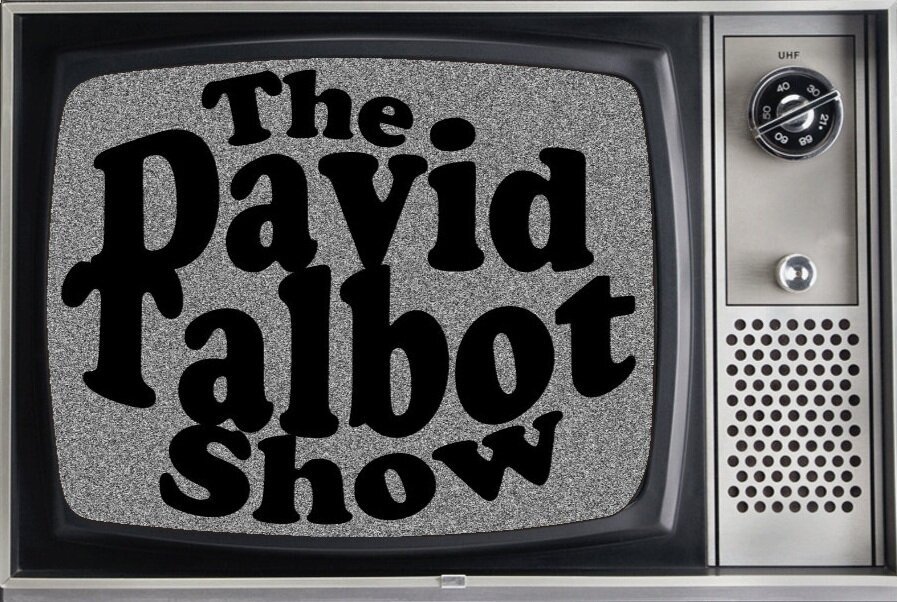The Truth vs. Anti-Kennedy Propaganda
The history wars in America don’t just relate to race. They’re also heating up about President Kennedy — including his legacy as well as his assassination. The ideological attacks on Kennedy — as a “lightweight” who did nothing about civil rights, stumbled into a near nuclear apocalypse over Cuba, and paved the way to the Vietnam debacle — predictably escalate whenever someone like Oliver Stone revisits this fraught history. Well, Oliver is back — and so are the inevitable attacks on Kennedy. These attacks serve the interests of the national security establishment. Because if he was an insignificant president, JFK’s violent death has little meaning.
Fortunately for historical accuracy, we have aggressive truth-tellers like James DiEugenio, who has used his blog Kennedys and King recently to rigorously dissect deeply uninformed broadsides against JFK from historian Michael Kazin in The New York Review of Books and, more recently, by journalist Jonathan Chait in New York magazine. I won’t repeat DiEugenio’s lengthy correction of the record about President Kennedy — you should read his critiques yourself. But let me add one vital piece about Kennedy’s bold civil rights stand — a stand, by the way, that he knew was alienating white Southern Democrats and would result in a more difficult reelection battle in 1964.
In late September 1962, when Air Force veteran James Meredith became the first African-American to integrate the University of Mississippi student body, all hell broke loose on the campus. And President Kennedy and his brother, Attorney General Robert F. Kennedy, first dispatched federal agents to protect Meredith from being lynched, and when they too were threatened with being overrun by armed rioters, the Kennedys ordered U.S. Army troops to secure the Ole Miss campus.
But, as I relate in my book Brothers, those Army units were so slow to move to Oxford, Mississippi that the Kennedys and their White House aides wondered aloud if military leaders were being insubordinate. The White House tapes that recorded the increasingly worried comments of President Kennedy and his top deputies are still chilling to hear. Finally, Army troops did reach the campus — and the show of force was enough to quell the violent protests (led, in part, by the far-right, recently discharged General Edwin Walker, who would later play a strange role in the creation of the Lee Harvey Oswald legend).
The liberal commentators who’ve declared an open season on President Kennedy have usually read a couple of critical books about JFK. (One such popular book — Seymour Hersh’s hatchet job, The Dark Side of Camelot — was largely based on interviews with professional Kennedy haters like CIA mouthpiece Sam Halpern.) But the truth about the Kennedy presidency, and why JFK was killed, is out there — in other books.
In addition to my own Brothers: The Hidden History of the Kennedy Years and The Devil’s Chessboard, you can find the real story in books such as:
JFK and the Unspeakable: Why He Died and Why It Matters, by James Douglass
The JFK Assassination, by James DiEugenio and Oliver Stone
Breach of Trust: How the Warren Commission Failed the Nation and Why, by Gerald McKnight
The Last Investigation (about the House Assassinations Committee probe in the 1970s), by Gaeton Fonzi
James Meredith had to be rescued by the Kennedy administration when he integrated Ole Miss in 1962.

